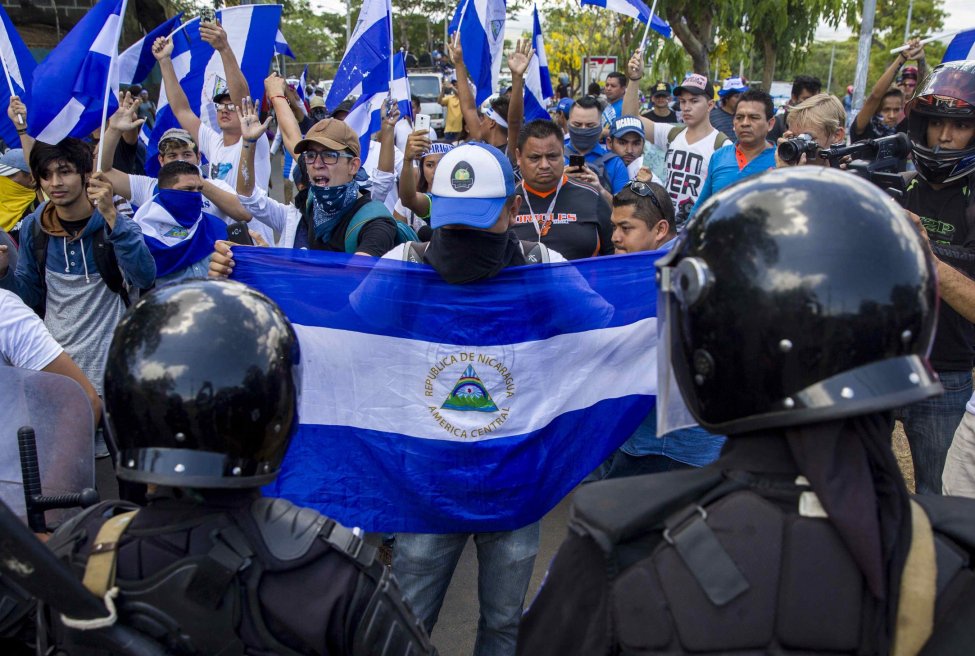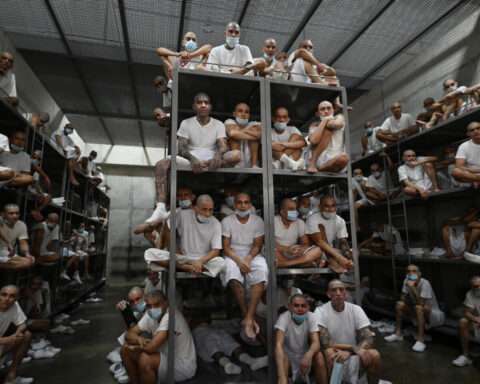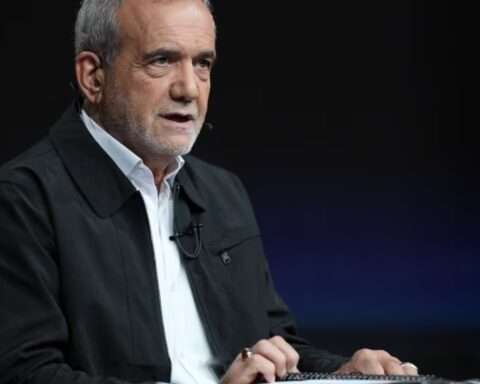The aim is to give practical guidance on how to comply with EU sanctions when providing humanitarian aid, in particular medical assistance, to fight the COVID-19 pandemic. The Guidance clarifies the responsibilities and the processes for the provision of this aid in order to facilitate activities of humanitarian operators in Nicaragua, and the channelling of equipment and assistance to fight the pandemic.
The fight against the COVID-19 pandemic is an unprecedented challenge that requires global unity, cooperation, solidarity and compassion. While no country is spared, complex political or economic situations and ongoing conflicts in certain areas of the world add to the devastating effects that the pandemic has on the population in those countries.
This Guidance builds on the previous chapters of the Note, which cover Syria (published in May 2020), Iran and Venezuela (published in October 2020).
For more information on the Guidance Note
EU sanctions help to achieve key EU objectives such as preserving peace, strengthening international security, and consolidating and supporting democracy, international law and human rights. EU sanctions are targeted at those whose actions endanger these values, in order to reduce as much as possible any adverse consequences on the civilian population. The EU has about 40 different sanctions regimes currently in place.
Compliance by the EU with relevant international obligations and its policy of targeted measures underpin a system of exceptions that also aims to ensure that sanctions are applied in a way that takes into account the needs of humanitarian operators. These can include the provision of humanitarian assistance and humanitarian activities, including medical assistance. Depending on the transactions and the restrictions existing in each case, humanitarian operators may need to request a prior authorisation in order to export certain goods to countries subject to sanctions. Such authorisations are granted by the competent authorities in each Member State.
Today’s Guidance Note addresses a number of questions received by the Commission from donors, NGOs, banks and other actors involved in humanitarian activities, and from national authorities. Questions refer to exports of, and payments for protective gear, medicines, medical equipment, or the provision of medical assistance to the population in need in areas subject to EU sanctions. The note is addressed to all actors involved in the supply of humanitarian aid, such as the competent authorities of EU Member States, which manage the implementation of EU sanctions, and public and private operators (donors, NGOs, banks and other actors involved in humanitarian activities), which must comply with EU sanctions when providing assistance.
The Commission is also working closely with Member States to ensure that in the current context national procedures are transparent and easily accessible for humanitarian operators from the whole EU.
Members of the College said:
Josep Borrell, High Representative of the Union for Foreign Affairs and Security Policy/Vice-President for a Stronger Europe in the World, said: “EU sanctions play a crucial role in targeting those responsible for breaches of international law, human rights abuses, flow of arms into war zones, and spoilers of peace processes. But, above all, they are designed to protect the most vulnerable. EU sanctions are fully in line with international law and allow for exceptions, so that humanitarian assistance can reach those most in need. Today’s Guidance Note provides the necessary guidance to humanitarian operators in these challenging times.”
Mairead McGuinness, Commissioner for Financial Services, Financial Stability and Capital Markets Union said: “The COVID-19 pandemic is having an impact globally, especially amongst vulnerable communities and this requires a coordinated response. I believe that today’s guidance note will help support and facilitate the provision of humanitarian aid to Nicaragua despite the sanctions that are currently in place. It is vital that aid continues to flow to where it is needed.”
Janez Lenarčič, Commissioner for Crisis Management, has also previously stated: “Sanctions should not impede the delivery of humanitarian assistance, including medical assistance, in line with International Humanitarian Law. Providing clarity is a step forward to addressing the many challenges humanitarian organisations face to deliver assistance on the ground, in such challenging contexts.”






